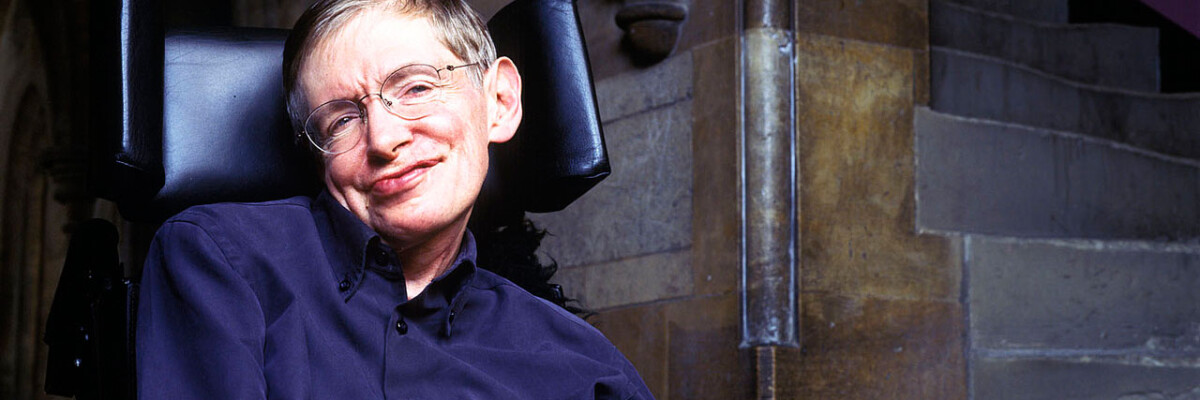One of the most famous modern physicists, the science-popularizer Stephen Hawking, died. The famous scientist died in his house in Cambridge on March 14, the . Close relatives reported his death in the morning...
One of the most famous modern physicists, the science-popularizer Stephen Hawking, died. The famous scientist died in his house in Cambridge on March 14, the Pi Day. Close relatives reported his death in the morning and later issued a statement:
His courage and persistence with his brilliance and humour inspired people across the world. He once said, “It would not be much of a universe if it wasn't home to the people you love.” We will miss him for ever.
The theory describing the emission of black holes, which was later called «Hawking radiation» is the most famous scientific achievement of Stephen Hawking. It was published in 1974 and the idea assumes that an isolated black hole slowly "evaporates" and eventually disappears. In 2002 Hawking said he would like the equation describing this radiation to be engraved on his tombstone.
The most famous popular scientific book written by Hawking, «A Brief History of Time» describes in simple language the appearance of the universe, the nature of space and time, the arrangement of black holes and some other ideas of theoretical physics and mathematics. Thus in the whole book there is only one formula E = mc². The first published in 1988, the book became a scientific bestseller, there were sold over 10 million copies over 20 years.
At the age of 21 Hawking was diagnosed amyotrophic lateral sclerosis (ALS), or Lou Gehrig's disease. Despite the fact that doctors predicted him an early death within 2-3 years, the physicist lived to 76. Hawking was gradually paralysed and he lost his speech ability. For most of his life he was put into a wheelchair equipped with a special communication system. Hawking was able to communicate using a single cheek muscle attached to a speech generating device, voiced his words by a speech synthesizer.
Despite the disease, Stephen Hawking was not only engaged in scientific activities, but also led a very active life: he participated in various shows, appeared in the role of a cameo in the show "The Big Bang Theory" and was even able to experience the conditions of simulated weightlessness aboard a special aircraft.
Hawking spoke about his attitude towards death in 2011.
I have lived with the prospect of an early death for the last 49 years. I’m not afraid of death, but I’m in no hurry to die. I have so much I want to do first. I regard the brain as a computer which will stop working when its components fail. There is no heaven or afterlife for broken down computers; that is a fairy story for people afraid of the dark.
Share this with your friends!






Be the first to comment
Please log in to comment